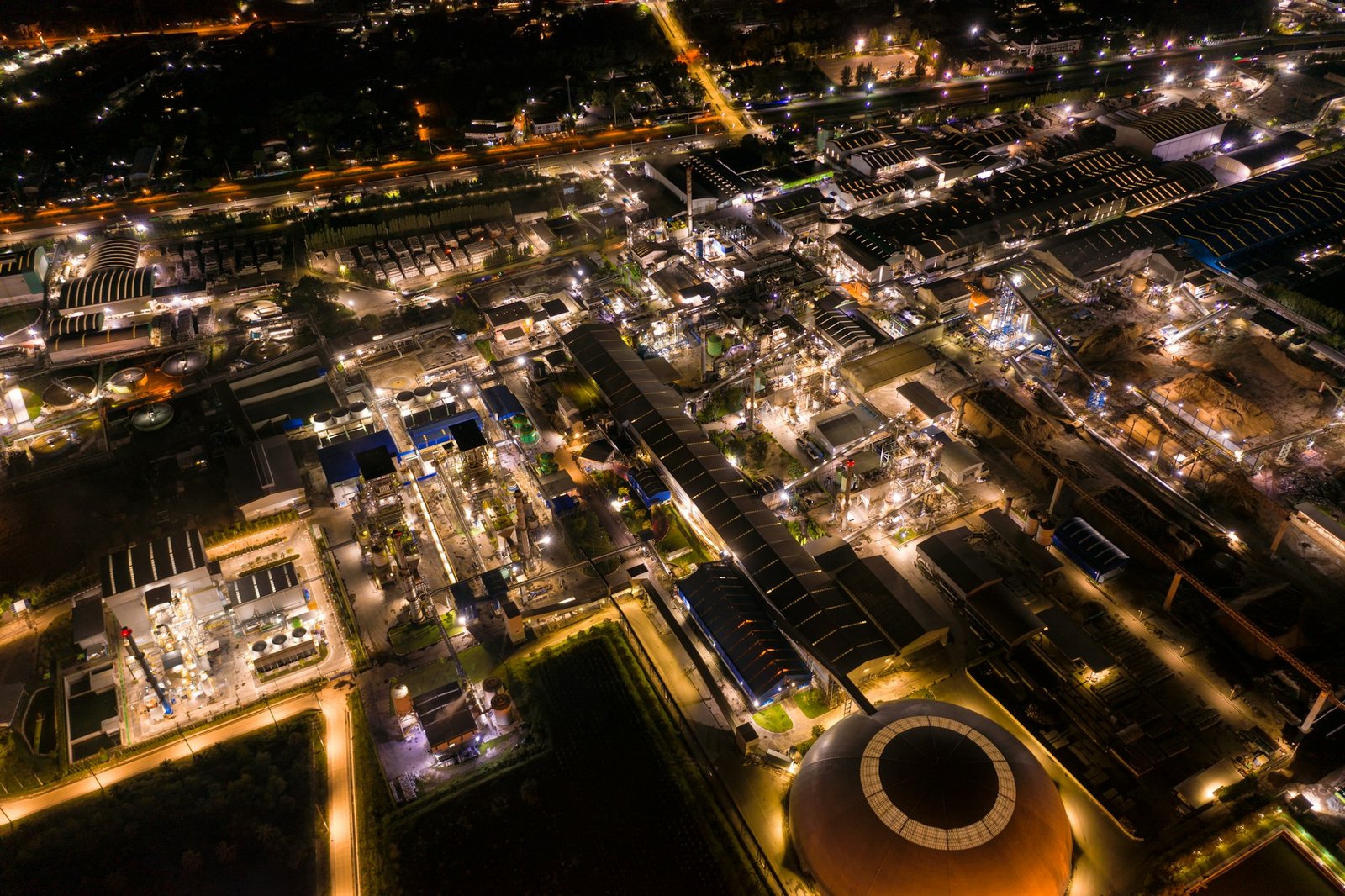Introduction
In today’s rapidly evolving world, the realm of chemical research stands at the forefront of innovation, continually pushing the boundaries of what is possible. From groundbreaking discoveries to revolutionary advancements, the field of chemistry plays a pivotal role in shaping our future. In this article, we delve into the latest trends and developments in chemical research, exploring how they are driving innovation across various industries.
The Evolution of Chemical Research
Chemical research has come a long way since its inception, evolving from simple experiments conducted in laboratories to sophisticated studies that harness the power of cutting-edge technology. With advancements in fields such as computational chemistry, nanotechnology, and materials science, researchers now have access to a vast array of tools and techniques that enable them to explore the intricacies of chemical reactions and molecular structures with unprecedented detail and precision.
Applications Across Industries
The impact of chemical research extends far beyond the confines of the laboratory, permeating virtually every aspect of our daily lives. From the development of new pharmaceuticals to the creation of innovative materials and renewable energy technologies, the insights gleaned from chemical research have the potential to revolutionize entire industries.
In the pharmaceutical sector, for example, chemical research plays a crucial role in the discovery and development of new drugs, helping to combat diseases and improve human health. By leveraging advanced computational methods and high-throughput screening techniques, researchers are able to identify promising drug candidates more efficiently than ever before, accelerating the pace of innovation in the field of medicine.
Similarly, in the realm of materials science, chemical research has paved the way for the development of novel materials with a wide range of applications, from lightweight composites for aerospace applications to advanced coatings for electronic devices. By tailoring the properties of materials at the molecular level, researchers are able to create materials that are stronger, lighter, and more durable than ever before, opening up new possibilities for technological advancement.
The Role of Collaboration and Interdisciplinary Research
In order to tackle the complex challenges facing society today, collaboration and interdisciplinary research are essential. Chemical research often involves collaboration between scientists from various disciplines, including chemistry, physics, biology, and engineering, who bring together their unique expertise and perspectives to address complex problems from multiple angles.
By breaking down traditional silos and fostering collaboration across disciplines, researchers are able to tackle some of the most pressing issues facing society today, from climate change and environmental degradation to the development of sustainable energy solutions. By combining insights from multiple fields, researchers are able to develop holistic solutions that address the root causes of these challenges, paving the way for a more sustainable and prosperous future.
FAQs
1. What are some recent breakthroughs in chemical research?
Recent breakthroughs in chemical research include the development of new catalysts for sustainable chemical synthesis, the discovery of novel materials with unique properties, and advances in drug discovery and development.
2. How does chemical research contribute to sustainability?
Chemical research plays a key role in developing sustainable technologies and processes, such as renewable energy sources, green chemistry principles, and environmentally friendly materials.
3. What career opportunities are available in the field of chemical research?
Careers in chemical research span a wide range of industries, including pharmaceuticals, materials science, environmental science, and biotechnology. Some common job titles include research scientist, process engineer, and analytical chemist.
4. How can I get involved in chemical research?
To get involved in chemical research, you can pursue a degree in chemistry or a related field and seek out research opportunities through internships, co-op programs, or undergraduate research projects.
5. What are some emerging trends in chemical research?
Emerging trends in chemical research include the use of artificial intelligence and machine learning to accelerate drug discovery, the development of sustainable materials and processes, and the exploration of new frontiers in nanotechnology and quantum chemistry.





